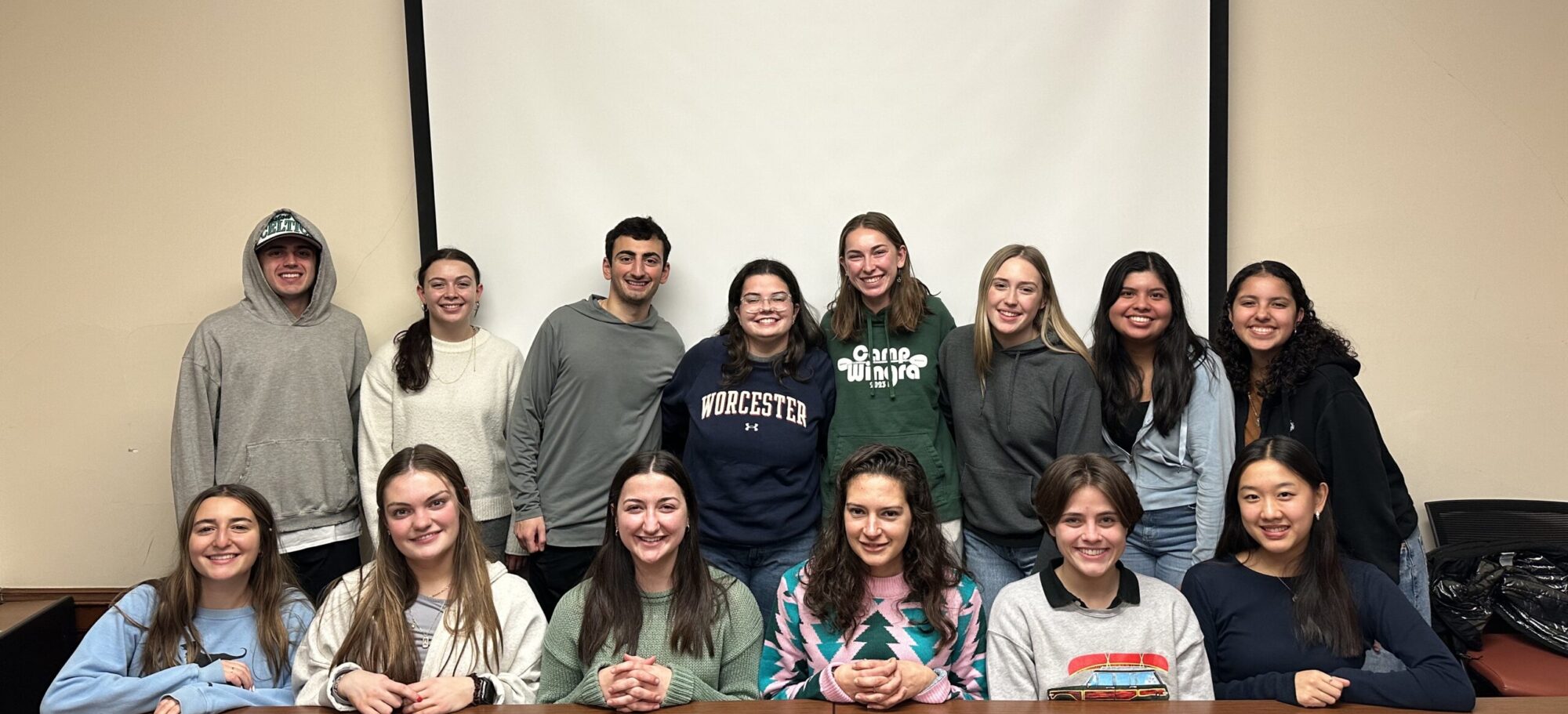Growing up in an immigrant household, I was not aware of my parents’ citizenship status until I was nine. When my parents had a conversation with me about their citizenship status, I realized that living in a bubble would hinder me from seeing social issues. Throughout this difficult moment for my undocumented parents, my family found happiness in soccer and that became an integral part of our life.
Living with my non-English speaking parents, I had to mature quickly as my parents needed my bilingual assistance with any filing paperwork and tax documentation. Through this learning experience, I became more fluent in speaking English and Spanish. Being able to speak two languages has become a valuable life skill to have in CBL as I volunteer with Ascentria’s Unaccompanied Refugees Minors Program (URMP). Through this program, I tutor refugee minors coming from Central American countries who need additional assistance in their schoolwork. By coming to the United States, these teenagers have felt a sense of parental loss as their childhood has been marked by traumatizing events, and they are currently staying in a foster family. They have shared their stories with me and have taught me valuable lessons.
As a CBL intern in the Donelan Office, I have been more involved in the city of Worcester as well as the close-knit community at Holy Cross such as recently attending the Gathering In Solidarity with Immigrants Event. Stories from two Holy Cross students showed and proved that undocumented people are a great contribution to society. Their vulnerability to open up to the Holy Cross community made this a heart-felt moment as memories from my personal experiences started to come back.
My perspective on DACA recipients is that they do not have to prove or justify to the American population to stay in this country. They do not have to be the best in their class nor aiming to be one of the well-known careers. Each DACA student is here to bring their own hard-working resilience. A poem called “Complaint of El Rio Grande” by Richard Blanco states, “You split me in two–half of me us, the rest them. But I wasn’t meant to drown children, hear mothers’ cries, never meant to be your geography: a line, a border, a murderer.” Rio Grande, whose job is to connect and not split America and Mexico, is hurt as many emotional stories such as death or survival happen at the border. Most DACA recipients either came because their parents brought them at a younger age or are escaping from violence in their country.
Being in a predominantly white institution, it was at the College where I learned to expand my horizons through friendships and networks. By living in the current political climate as a first-generation college student and raised by immigrants, I have been able to open my horizon to understand the social problems that coexist in our society.


